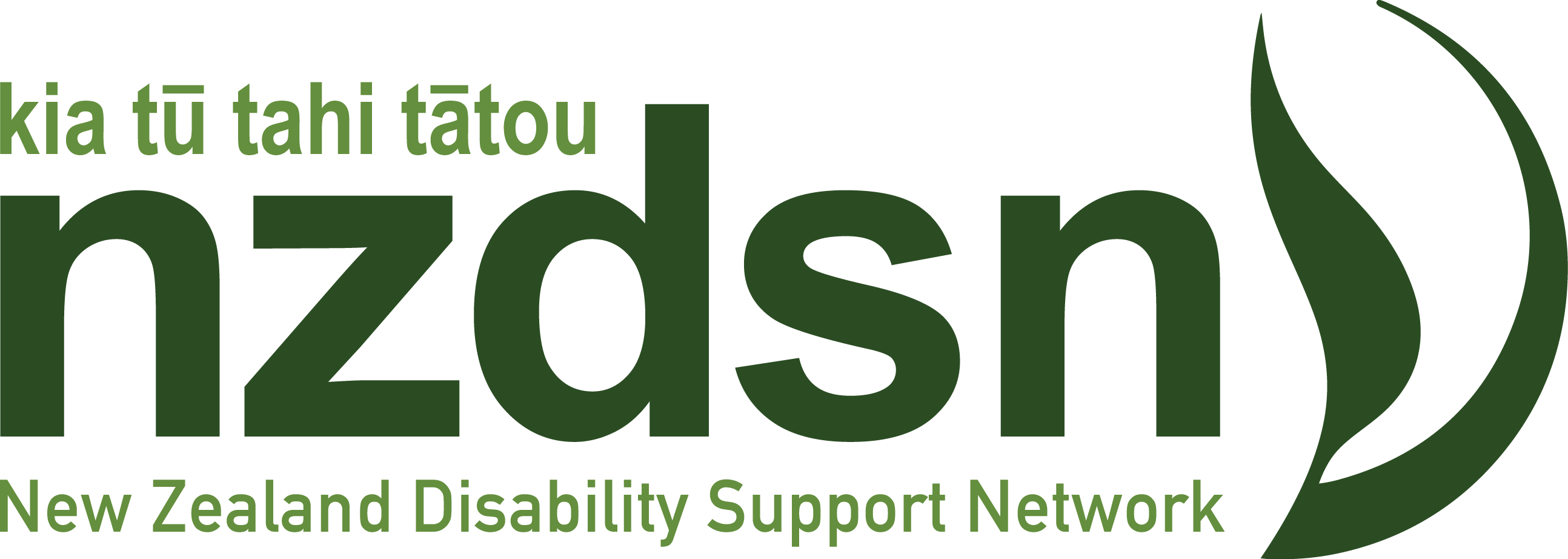New Ministry for Disabled People gives hope for better, fairer services
The Government’s announcement that it will move disability funding from the Ministry of Health and Ministry of Social Development into a new Ministry for Disabled People raises hopes that disabled people will finally have a government agency that treats them as a priority, rather than an afterthought, says New Zealand Disability Support Network CEO Peter Reynolds.
“Treating disability as a health problem hasn’t worked. Within the health system, disability has always been low on the pecking order,” says Mr Reynolds.
“Disabled people need support to live good lives and healthcare is only a part, sometimes a small part, of the picture. We hope that this new agency will deal with disabled people’s lives holistically and implement the Enabling Good Lives principles.
“For that to happen, the new Ministry must be built by and for disabled people from the ground up. We welcome the commitment that the Accessibility Governance Board will be led by and represent disabled people and whānau. We also want to see people with lived experience of disability and disability support providers included in the Establishment Group, and in senior leadership positions in the Ministry.
“The Ministry for Disabled People will also need to have care for the needs of Maori and Pasifika disabled people at the heart of its mission. These groups are over-represented amongst disabled New Zealanders, and too often they fall through the cracks of the current system.
“One important way the new agency can better help disabled people is by giving people with the same disabilities the same support, regardless of how they became disabled. Currently, a person disabled through an accident is entitled to ACC care and income support, which is set at a higher level than the support available to a person whose disability is congenital. It’s good to know the Government has officials looking into fixing this. “There’s a lot of details still to work through, but we are hopeful that this represents a chance of a better future for disabled New Zealanders, and we will work with the Government to realise that opportunity,” says Mr Reynolds.

